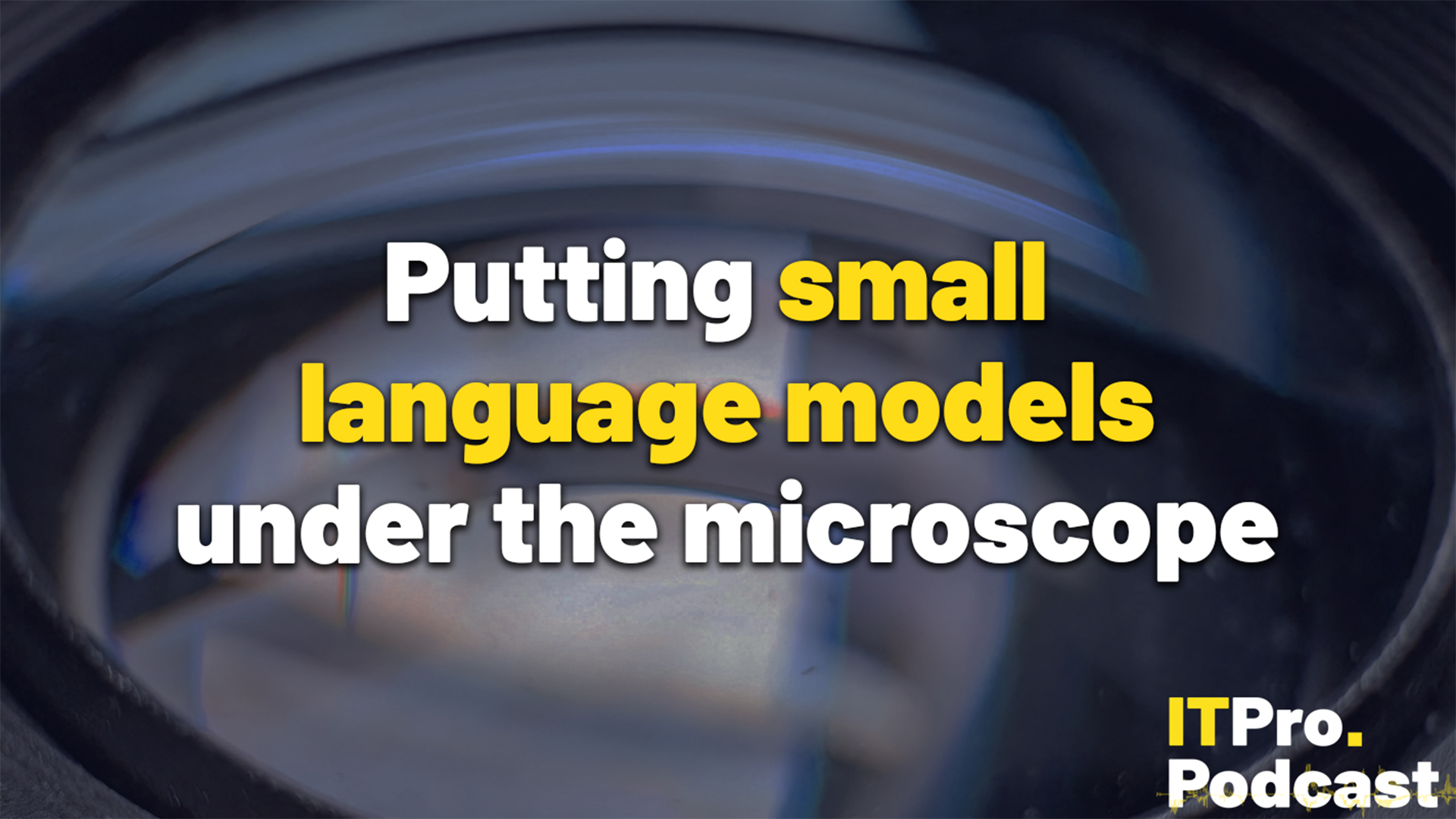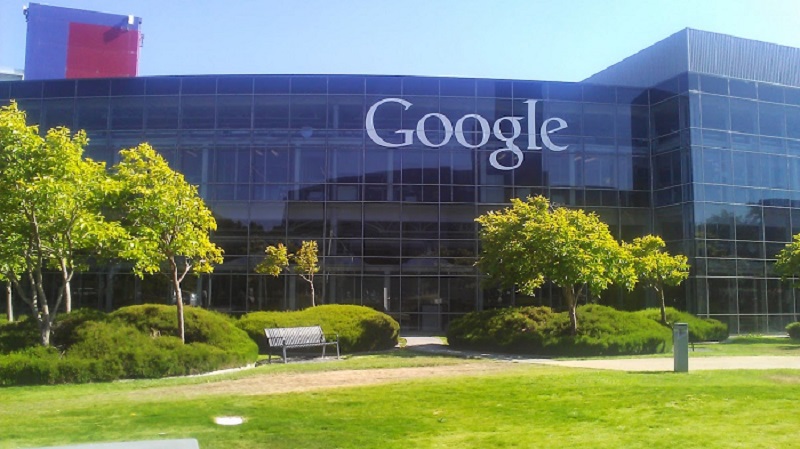Microsoft slams Google digital book settlement
Microsoft has called the settlement an 'unprecedented misuse of the judicial system'.

Microsoft has again gone head-to-head with Google, calling the web giant's digital book settlement "an unprecedented misuse of the judicial system".
This week, the deadline passed to file an opinion on the US settlement, leaving the judge to decided whether or not to approve a $125 million deal allowing Google to create a massive registry of digitised books.
Litigation began back in 2005, when American publishers and authors objected to Google's digitisation of books for its online search engine without permission. Under the settlement, Google will pay $125 million to a new digital books registry, which would include millions of "orphan" works - those still protected under copyright but whose copyright holders are unknown or untraceable.
The settlement also allots 70 per cent of any revenue generated from advertisements or digital book sales for authors and publishers.
If approved, Microsoft argued, the settlement will grant Google a monopoly on digital books.
"A class action settlement is the wrong mechanism, this court is the wrong venue, and monopolization is the wrong means to carry out the worthy goal of digitizing and increasing the accessibility of books," Microsoft's lawyers wrote in a filing to the US District Court of New York.
Microsoft added that the deal would harm its business. "Microsoft was and remains interested in search technology to improve access to digital books, an interest that would be substantially harmed by approval of the proposed settlement," the filing said.
Get the ITPro daily newsletter
Sign up today and you will receive a free copy of our Future Focus 2025 report - the leading guidance on AI, cybersecurity and other IT challenges as per 700+ senior executives
Microsoft claimed that Google's "closed-door" negotiations undermined the rights of authors.
"The class representatives bargained away millions of absent class members' incontestable rights to prevent the reproduction, distribution, public display, public performance and other uses of their copyrighted books rights that are not remotely in dispute in this case," the company said.
Last week Amazon filed a similar complaint, arguing the book deal was "anti-competitive" and "the stuff of antitrust nightmares."
In August, the two technology heavyweights, joined by Yahoo, joined the Open Book Alliance, a coalition that opposes Google's book deal.
Google has said that the deal will actually benefit authors by creating new forms of revenue.
"The new registry should help reduce the number of in-copyright works whose owners cannot be identified or found because authors will have a concrete economic incentive to come forward, claim their works and then earn money," Daniel Clancy, Google engineering director, wrote in a blog post.
"For books that are in-print, the agreement would offer new distribution opportunities to copyright holders in the United States."
The deal is currently being discussed by the European Commission.
-
 Putting small language models under the microscope
Putting small language models under the microscopeITPro Podcast The benefits of small language models are undeniable – but they're no silver bullet
By Rory Bathgate
-
 CyberOne appoints Microsoft’s Tracey Pretorius to its advisory board
CyberOne appoints Microsoft’s Tracey Pretorius to its advisory boardNews The threat intelligence leader will provide strategic guidance to CyberOne’s executive team
By Daniel Todd
-
 Google loses bid to block Apple Safari privacy lawsuit
Google loses bid to block Apple Safari privacy lawsuitNews Ruling could pave the way for Apple users to sue search giant
By Rene Millman
-
 Google at centre of Android antitrust complaint in Russia
Google at centre of Android antitrust complaint in RussiaNews A Russian search engine claims Google's inclusion on Android devices breaches competition regulations
By Clare Hopping
-
 Beats, Google & Sony hit with unpaid royalties suit by US music publisher
Beats, Google & Sony hit with unpaid royalties suit by US music publisherNews The companies are alleged to have not paid the royalties they supposedly owe for using music from before 1972
By Clare Hopping
-
 Ex-Apple exec jailed for allegedly defrauding the tech giant
Ex-Apple exec jailed for allegedly defrauding the tech giantNews Paul S Devine received kickbacks from suppliers to whom he also plied with top secret info, it is claimed
By Clare Hopping
-
 Microsoft refuses to hand over emails to US authorities
Microsoft refuses to hand over emails to US authoritiesNews Software giant Microsoft will appeal the ruling that says it must provide data
By Clare Hopping
-
 UK demands EU drops right to be forgotten law
UK demands EU drops right to be forgotten lawNews The government has asked for the right to be forgotten law to be removed from new European Union data protection laws
By Clare Hopping
-
 High stakes if Apple e-books antitrust case goes to trial
High stakes if Apple e-books antitrust case goes to trialNews Apple is last company standing in US government's e-book antitrust case.
By ITPro
-
 Oracle to continue HP Itanium server support
Oracle to continue HP Itanium server supportNews Software giant loses bid to end support for hardware partner's server range.
By ITPro